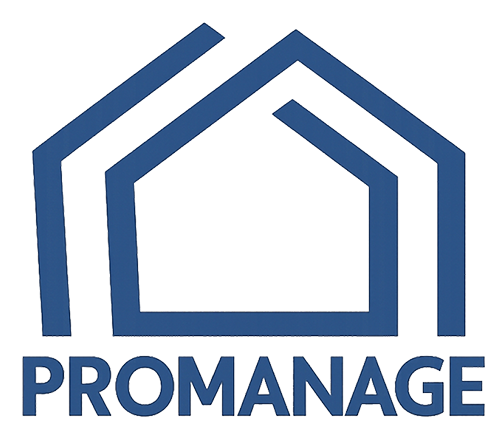Follow Us x
Q- Do I need a real estate agent when buying an investment property?
A- It's always best to work with a professional that can represent your best interests. Real estate agents know the local market, trends, history, can provide accurate comparisons, and can help with negotiations to get you the best deal possible and ultimately save you money. Many people think that they can save money by not using an agent, however statistics show that the opposite is usually true.
Q- How do I determine the rent to charge for my investment property?
A- ProManage provides a FREE rental analysis by using data from the local MLS to show what similar properties are renting for and determining current trends in that specific market.
Q- How do I find tenants for my rental property?
A- ProManage lists rentals on the local MLS as well as dozens of rental websites, and on social media. We attract a wide array of qualified candidates to generate applications and fill your property, usually in two weeks or less.
Q- What happens if the tenant refuses to pay rent?
A- On most of our leases tenants start incurring late fees after 3 days past due. Once the tenant is a week or more past due with no clear plan to pay then we can start the process of eviction by sending them a notice to vacate, and ultimately filing with the court to pass a judgement and writ or possession.
Q- How long does it typically take to see a return on my investment property?
A- ROI (return on investment) depends on many factors such as what you purchased the property for, how much down money, your interest rate, and your mortgage payment. It will also depend on the rate of rent you get on that property, average vacancy time, maintenance costs, and how it appreciates over time. If interested in learning more about ROI or the potential of a particular property or area to invest in we would love to speak with and help advise you in your journey!
Q- How do I know if a property is a good investment?
A- ProManage can assist in locating good investment properties. We look for areas that are showing growth, rent rates are rising, quality properties that are desirable to the average renter, and low percentage of maintenance issues. Reach out to us if interested in guidance to pick your next investment property!
Q- Are there any tax benefits associated with real estate investing?
A- It's always best to consult with an accountant when dealing with tax issues as they are the experts in that field and laws are always changing. However, many common tax benefits of owning investment property include tax deductions on mortgage interest, repairs, depreciation, negative gearing, capital gains tax exemptions, property taxes and insurance, and even management fees.
Q- What should I know as a first time investor?
A- The most important thing to know is that there is always some risk involved in investing and to be prepared for that. However, it can be very rewarding and is an excellent way to build wealth for the long term. It's always best to work with an experienced professional to help guide you through the process.
